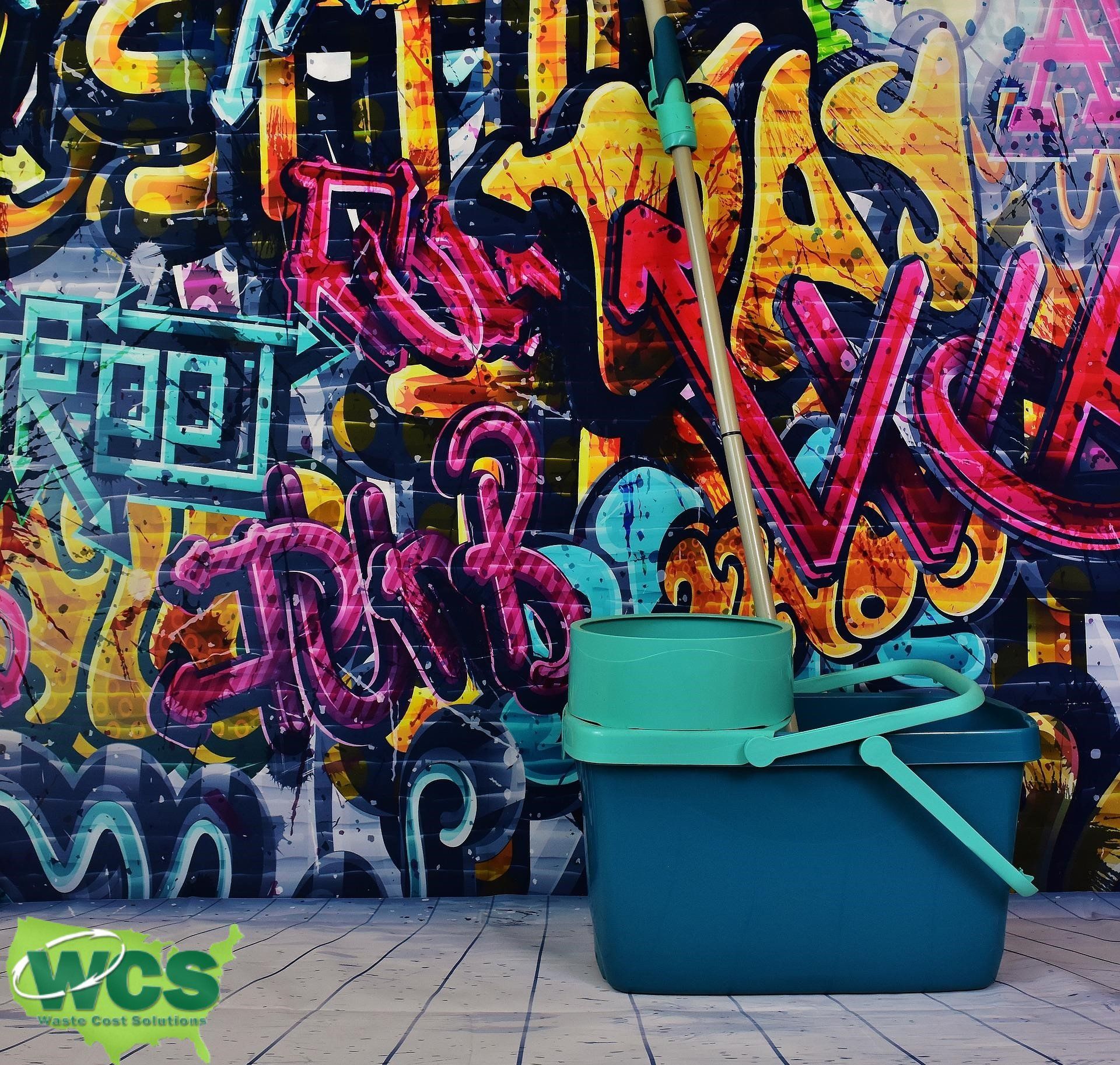What Is Paver Sealing?
Pavers can become dull and stained from being exposed to the elements, so paver sealing is a great way to protect them against sun damage, rain damage, and other wear and tear. Not only does this process of applying a clear sealer extend their lifespan by shielding them from the outdoors, but it also makes your pavers easier to keep clean for years!
Moreover, sealing is great for filling in small fractures and impedes the formation of bigger ones. Therefore, it is a key step when maintaining pavers. A wide range of sealers is accessible on the market so make sure to choose one that suits your type of paver material. Applying sealer may be as effortless as ABC but always adhere precisely to the manufacturer's instructions for optimum results!
Contact Us Today For A Free Quote
How Often Should You Seal Your Pavers?
Pavers are a favorite for both interior and exterior areas due to their robustness and visual beauty. Yet, upkeep is essential if you want them to keep looking great. Sealing the pavers is one suggestion that's commonly given; this technique helps protect against blotches, mildew, and mold while also making it easier to cleanse the area.
A sealant layer provides your pavers with a protective coating from the damaging effects of UV rays and frigid temperatures. The frequency at which you should be sealing will depend on what material the paver is made of, how frequently it's used, as well as local weather conditions. Generally speaking, we suggest tending to this step every three to five years in order for your pavers to retaining their impressive appearance and value over time.
What Is The Prep Process For Paver Sealing?
Preparing pavers for sealing is a straightforward process that involves only a few items and tools. Begin by sweeping or blowing away any leaves and dirt from the area. Then, dampen the entire surface with water using either your hose or power washer. Afterward, cover the wet pavement in paver-specific cleaner before brushing it into all of its pores to ensure full coverage.
To eliminate any remaining dirt, grime, or stains from your pavers' surface, use a cleaner. Furthermore, rinse them off with fresh water before allowing it to dry thoroughly for sealer application. Following these essential steps will ensure that your pavement is ready for sealing effectively and efficiently!
Types Of Sealants
- Natural Sealant: Natural Sealant gives pavers a renewed look by producing an invisible shield. If you're wanting to safeguard your asset without altering the hue of your pavers, this sealant is perfect for you.
- Clear Sealant: Clear Sealant serves as the ideal solution for those who wish to preserve their pavers in pristine condition without altering its original color. This sealant helps keep your pavement safe from fading and staining, enabling it to remain to look brand new!
- Color Boost Sealant: If you are looking for a spectacular way to upgrade the color of your pavers, then Color Boost Sealant is just what you need. Not only will this sealant protect and secure your outdoor investment, but it will also give them an eye-catching aesthetic too!
- Wet Sealant: Sealant should be applied only after the pavers have been thoroughly cleaned and allowed to dry completely. This type of sealant creates a glossy finish that helps repel water and stains. It is important to note that wet sealant should not be used on dry pavers.
Maintaining the aesthetic of your patio or driveway is easy when you use paver sealants. It's essential to apply them correctly for optimal outcomes, so adhere to the instructions provided on their packaging and consult with an expert if needed. With this simple step, you'll be sure that your pavement looks its best for years!






